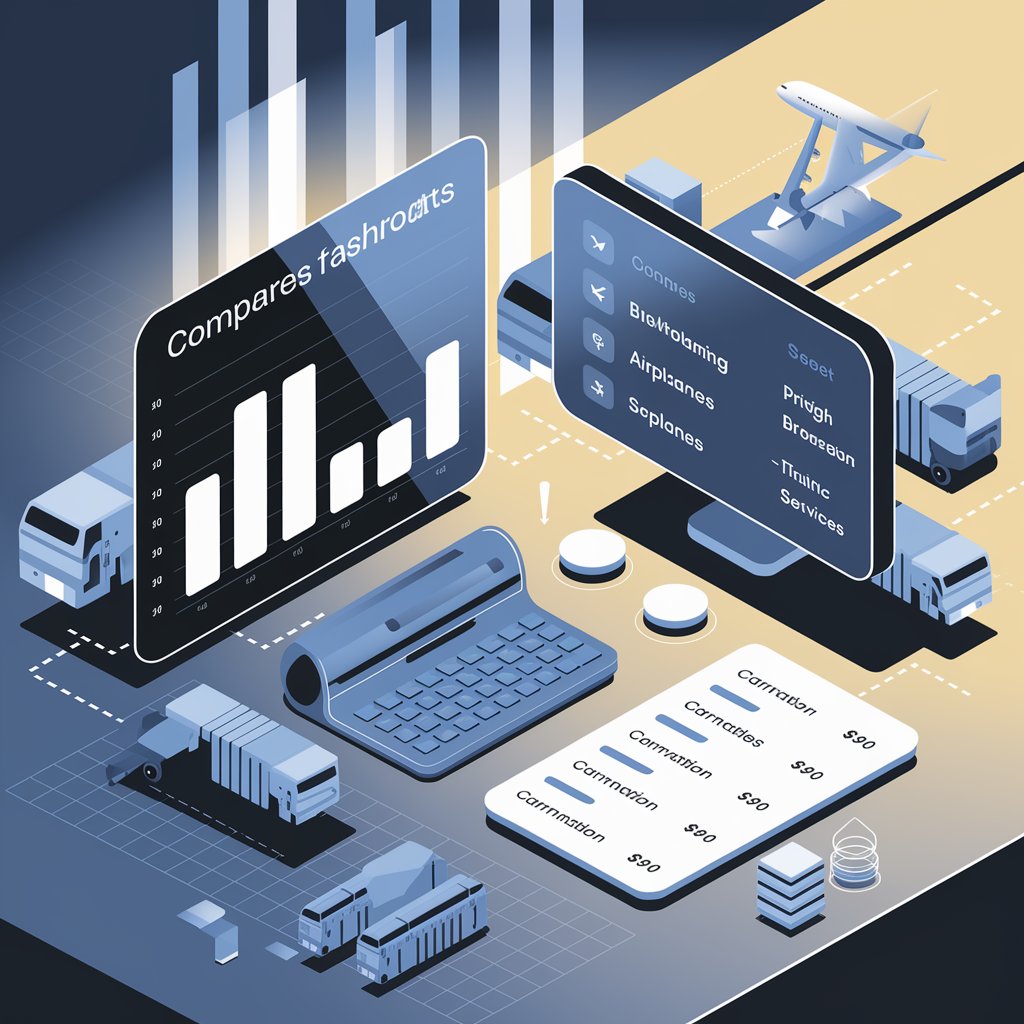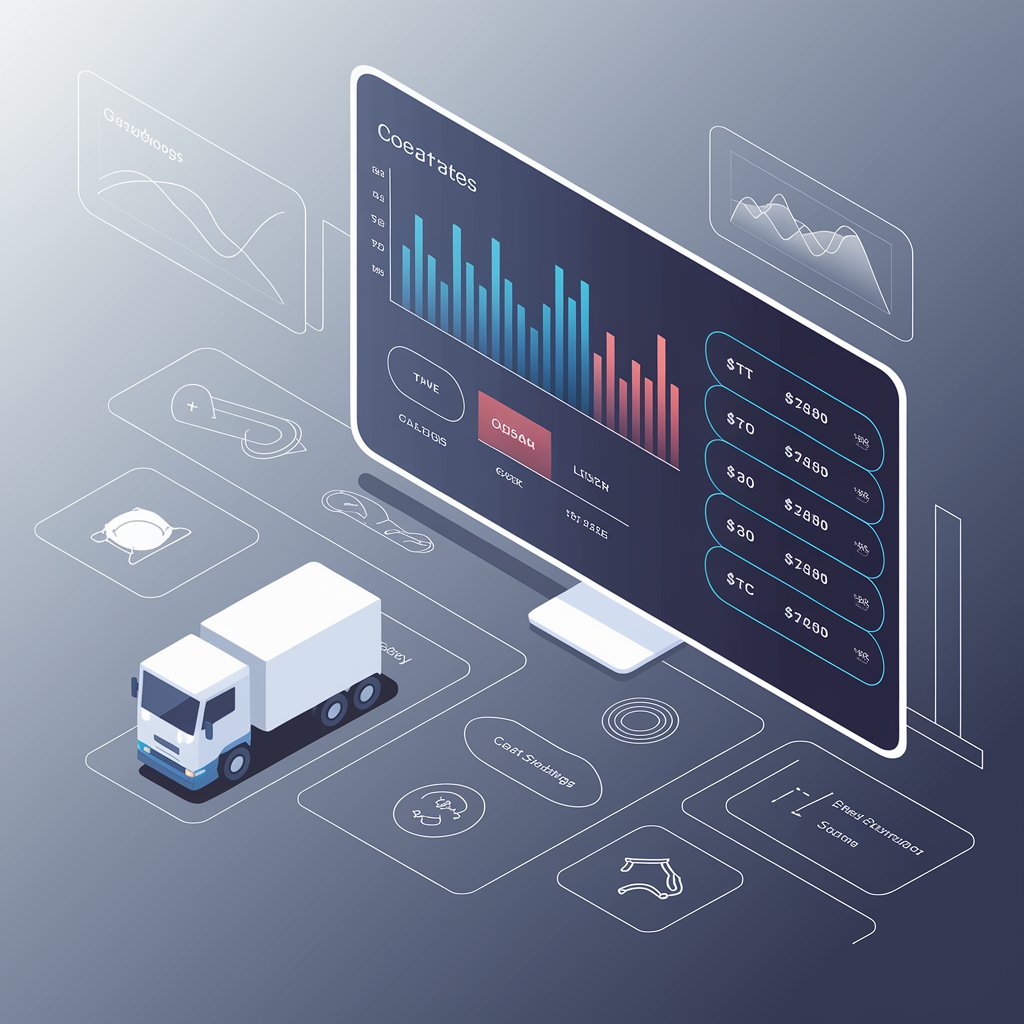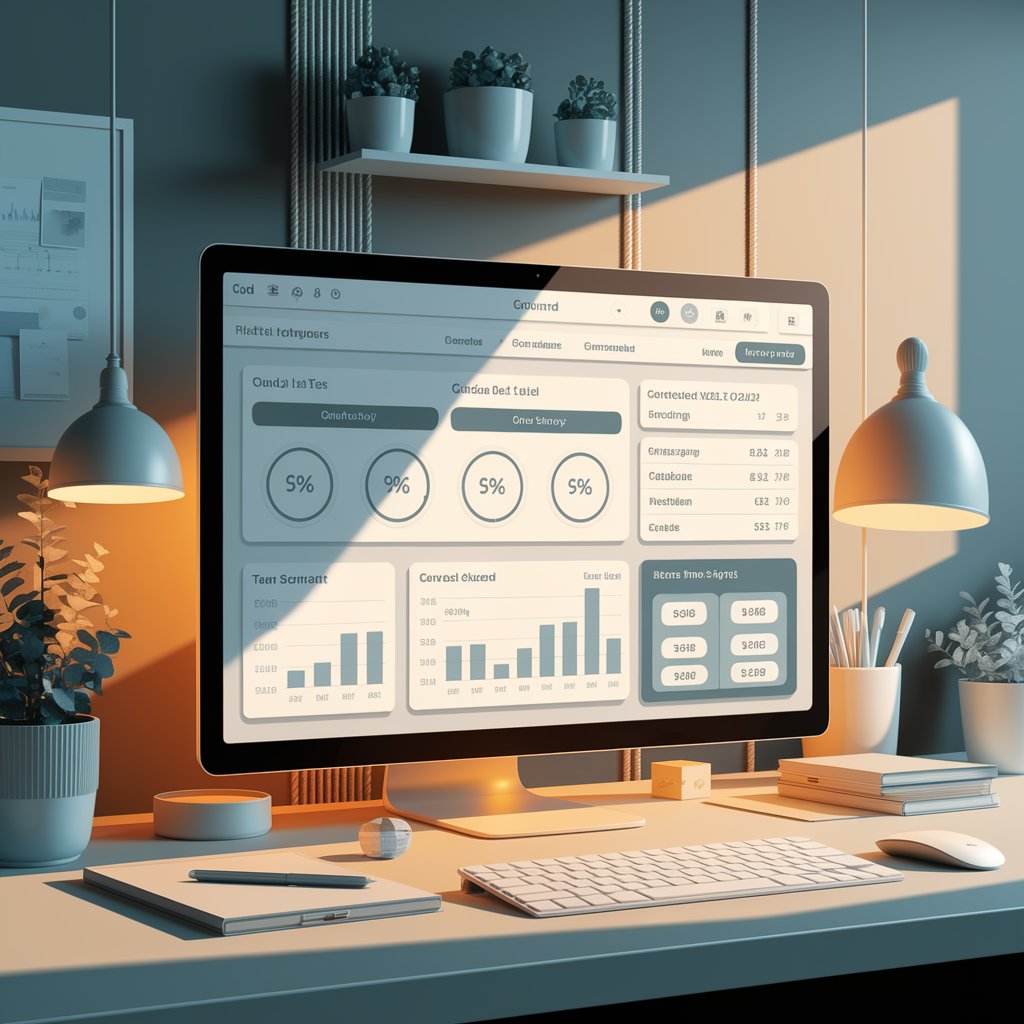Rate Management: Optimizing Freight Pricing with Technology
This guide explores what rate management is, why it matters, and how software tools are changing the game.

💡 What Is Rate Management?
Rate management is the process of storing, organizing, and dynamically updating freight rates from various carriers or vendors. It ensures that your quotes reflect accurate pricing across:
- 🚛 Truckload (FTL)
- 📦 Less-Than-Truckload (LTL)
- ✈️ Air freight
- 🚢 Ocean freight
- 🚚 Last-mile delivery
Rate management systems are often part of a Transportation Management System (TMS) or Freight Forwarder Software.
📦 Why Is Rate Management Important?
Benefit | Impact |
⏱️ Speed | Instantly quote customers using live data |
💰 Accuracy | Prevents overcharging or underquoting |
📉 Cost control | Compare multiple carrier rates in one dashboard |
🔄 Efficiency | Avoids manual spreadsheets and errors |
📊 Analytics | Monitor rate trends and optimize carrier selection |
Having a smart rate management tool means your sales, operations, and customer service teams can work faster—with fewer surprises.

🧰 Core Features of Rate Management Software
- Multi-Carrier Rate Storage
🗂️ Upload and manage rates by lane, carrier, mode, and effective date. - Dynamic Rate Updates
🔄 Sync with carrier APIs for real-time pricing and fuel surcharge changes. - Custom Markups & Margins
🧮 Apply profit rules based on customer type, shipment value, or region. - Quote Automation
📤 Generate accurate freight quotes in seconds. - Contract & Spot Rate Comparison
⚖️ See the difference between negotiated rates and market prices. - Integration with TMS/ERP
🔌 Connect rates to your existing workflow for seamless quoting and booking.
🌍 Who Uses Rate Management?
- 📦 Freight forwarders quoting clients across modes and regions
- 🚛 3PLs managing multiple carrier contracts
- 🏭 Manufacturers sourcing transport services
- 🧾 Brokers comparing spot vs. contract rates
- 🛒 eCommerce operations optimizing delivery costs
If your business touches freight pricing, rate management is non-negotiable.

💻 Example Workflow
Before software:
- Sales team uses Excel to reference carrier rates
- Each quote takes 10–15 minutes to prepare
- Prone to outdated rates and manual errors
After rate management system:
- Quote generated in under 1 minute
- API pulls current rates from multiple carriers
- System applies correct markup and generates branded PDF
🎯 Result: Faster quotes, better margins, happier customers
✅ How to Choose the Right
Look for these key features:
- 🌐 Web-based dashboard
- 🔄 Real-time carrier sync (API or EDI)
- 🧾 Accessorial charge configuration
- 📊 Custom margin logic
- 🧩 Seamless TMS/ERP integration
- 🔐 User permissions and audit trails
Top platforms include Linbis, Freightos, CargoWise, and RateLinx.

🏁 Final Thoughts
In logistics, time is money—and quoting delays cost both. A robust system empowers your team with accuracy, automation, and insight.
📈 Say goodbye to pricing spreadsheets and hello to faster bookings, better decision-making, and higher profitability.
